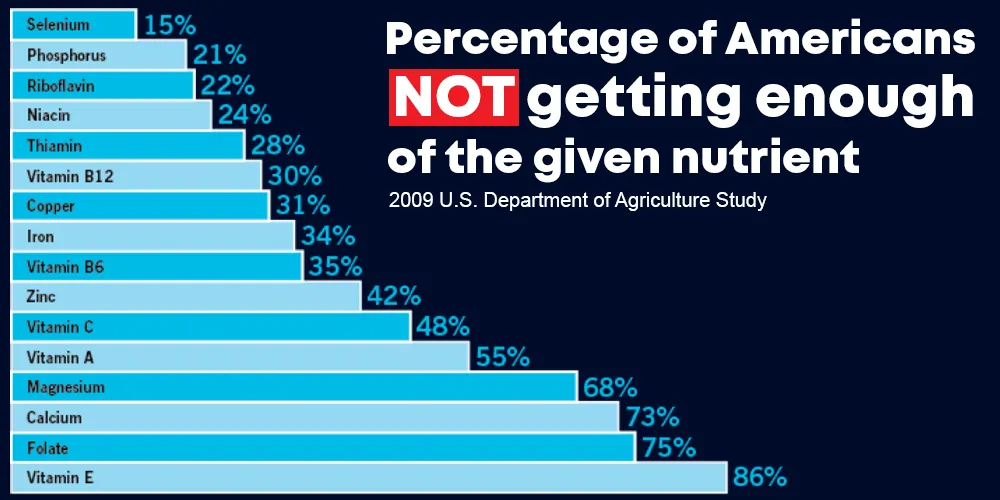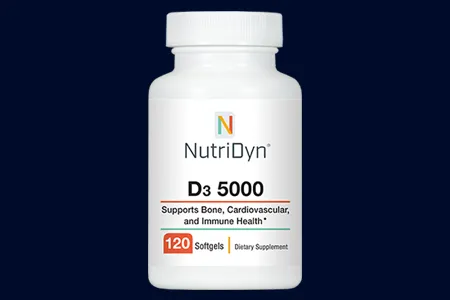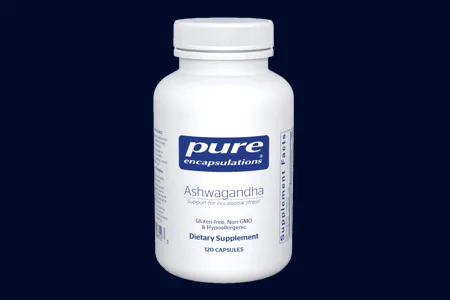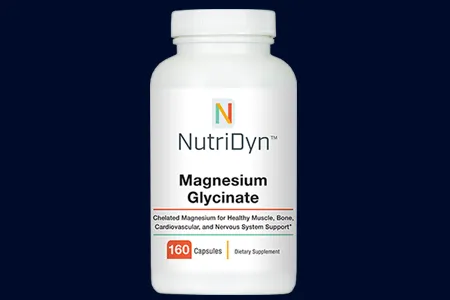Find Your Missing Nutrients
The typical American diet is popularly portrayed as very unhealthy, with a focus on fast and fried foods. Plenty of us personally work to prove this trend wrong through our own healthy eating habits, but there is always room to improve your food choices.
The Council for Responsible Nutrition reports that Americans are not getting all of the nutrients we need from our diets. Not getting a full serving of a given nutrient on a particular day is not a major cause for concern. However, these are shortcomings in our diet, and because of that, there could be a larger impact.
Prolonged poor nutrition can increase our risk for serious diseases. So how do we know what nutrients we are missing?
As always, if you are not feeling well or something just does not feel right, talk to your provider. It could be one of countless reasons.
Whether you see your provider because you are feeling ill, or simply for an annual physical, your provider may recommend a blood test. A blood test can help your provider get a snapshot of your nutritional profile. This could include highlighting certain nutrients that you could benefit from more of.
The Good and Bad of Nutrition Statistics
12%
increase in Americans who eat dinner at home since the start of 2020 (source: Acosta)
415 lbs
average amount of vegetables an American eats in a year (2011, NPR) but we still eating only about 80% the recommended daily amounts.
73%
of U.S. food supply is ultra processed foods (source: Northeastern University)
57 lbs
average amount of added sugar Americans consume each year (source: UC San Francisco)
Common Vitamins Many Americans are Lacking

Vitamin A: Primarily recognized for supporting supporting eye health. Common sources include orange/yellow vegetables (carrots!), leafy greens, tomatoes, red bell peppers, cantaloupe, fish oil, milk, and eggs.

Vitamin B12: Helps in forming red blood cells and DNA. Low B12 levels can lead to tiredness, weakness, depression, and confusion among other issues. Good sources include beef, fish, meat, eggs, and milk.

Vitamin C: This well known vitamin is still commonly deficient in half of American’s diets. Vitamin C supports your immune system by protecting it from free radicals and is commonly found in citrus, strawberries, and tomatoes.

Vitamin D: This vitamin we simply absorb from the sun! It helps the body absorb and retain calcium to support strong bones. Besides natural absorption, it can also be found in food via fish or certain dairy products.

Vitamin E: Supports vision, reproduction, and the health of your blood, brain, and skin. It is commonly found in almonds, peanuts, avocados, sunflower products, pumpkins, and red bell peppers.
Is it best to get your nutrients from food instead of supplements?
Simply put, yes, it is best to make consuming nutrients from your food a priority over supplementing. However, dietary restrictions and inconsistent patterns in what you eat can make this difficult. If you are not able to get all the nutrients you need from your diet, your provider may recommend a supplement. If you have a particular deficiency, the consistent and stable intake of a supplement might be your most reliable choice.
Magnesium: The Forgotten Electrolyte
Electrolytes are essential to keeping your nervous system and muscles functioning properly. A healthy diet often provides you all the electrolytes you need, though if you are exercising heavily you may need to use a sports drink to get more electrolytes (pay attention to the sugar contents of sports drinks).
Magnesium is sometimes called the “forgotten electrolyte” because, among all electrolytes, it is the one most often missing in our diets. But magnesium is very important, being involved in over 600 chemical reactions that take place in our body.
Very few foods contain noteworthy amounts of magnesium. Only pumpkin seeds and chia seeds contain more than 20% of your daily magnesium in a single serving. There are a pair of popular supplements that can be used to help supplement magnesium (magnesium citrate and magnesium glycinate).
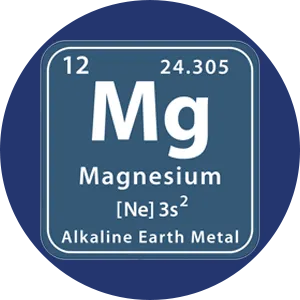
A Chemical Helper
Magnesium aids in energy creation, protein formation, gene maintenance, muscle movements, and regulating nervous system.

Potential Benefits
Early research has potentially connected magnesium to managing depression, decreasing type 2 diabetes risk, reducing migraines, and bone health.
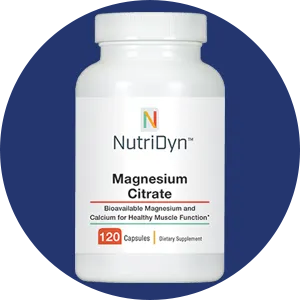
Magnesium Citrate
Magnesium citrate mixes magnesium with the organic salt, citrate, to create an absorptive supplement. This can have a light laxative effect however.

Magnesium Glycinate
Magnesium glycinate includes glycine, which can promote calmness and sleep quality. It is also better tolerated by the body that magnesium citrate.
Alpha-Lipoic Acid
Alpha-lipoic acid is found in all human cells in your body. This is made possible by the fact that this antioxidant is both water and fat-soluble.
Researchers have linked alpha to lower blood sugar levels, reduced inflammation, and improved nerve function. While your body makes alpha-lipoic acid, it only makes very small amounts.
In recent years, studies on animals have examined potential benefits supplementing alpha-lipoic acid. While many studies are still inconclusive and will require additional research, early information indicates multiple potential benefits. These include managing diabetes, slowing memory loss, reducing skin aging, assisting weight loss, and even slowing carpal tunnel progression.
Alpha-lipoic acid is not just a supplement – it is made naturally in our bodies and can be found in certain foods. Common foods include carrots, spinach, broccoli, brussels sprouts, potatoes, beets, and red meat. While these foods are great sources of alpha-lipoic acid, supplements contain 100-1000 times more alpha-lipoic acid than these foods. The large amount found in supplements can potentially create the positive effects patients are seeking.
Supplements for Immune Support
There are a variety of supplements (and their related foods) that can provide support for our immune systems. Proper nutrition plays an important role in keeping us healthy. Orthomolecular’s WholeMune and OrthoMune are just a few of the great immune system supplements available. Learn more about how food and supplements support your immune system here.
Some of Our Staff's Favorite Supplements
Supports cardiovascular function, healthy mood and stress, bone and skin tissue, as well as immune function.
Helps moderate occasional stress. May support cardiovascular, immune, cognitive, and joint function. Supports healthy glucose and lipid metabolism
Magnesium can help influence healthy muscular contraction, cardiovascular function, nervous system function, bone mineralization, and healthy blood sugar balance.

Phone: (320) 251-2600
Fax: (320) 251-4763
Email: info@integracareclinics.com
Clinic Hours: M/W 8am-6pm & Tu/Th/F 7am-5pm
Copyright 2024, Integracare LTD, All Rights Reserved. Information on this website should not be regarded as medical advice.

